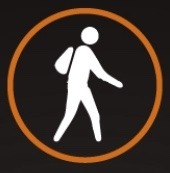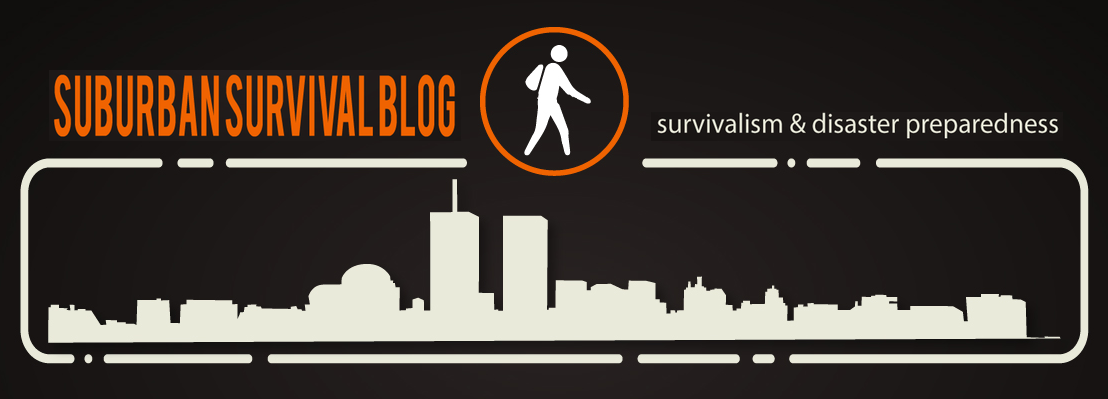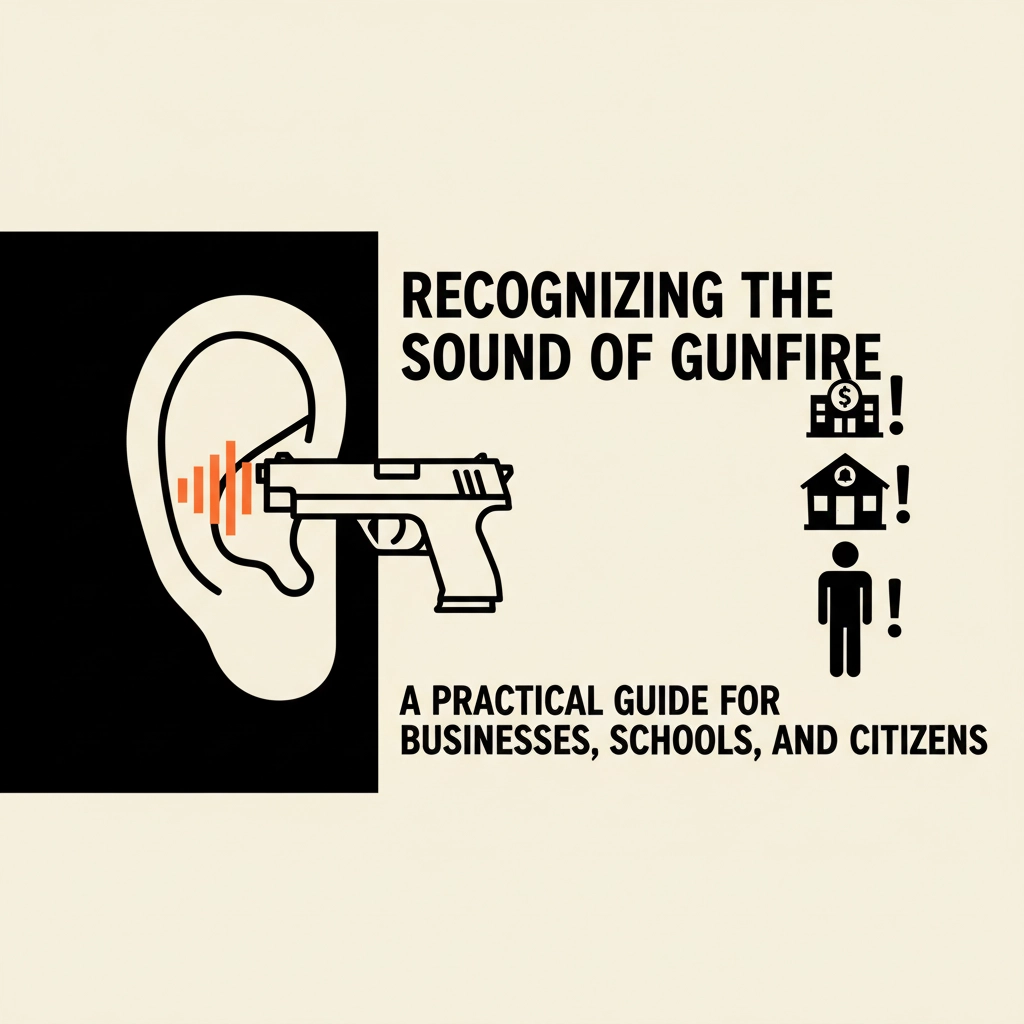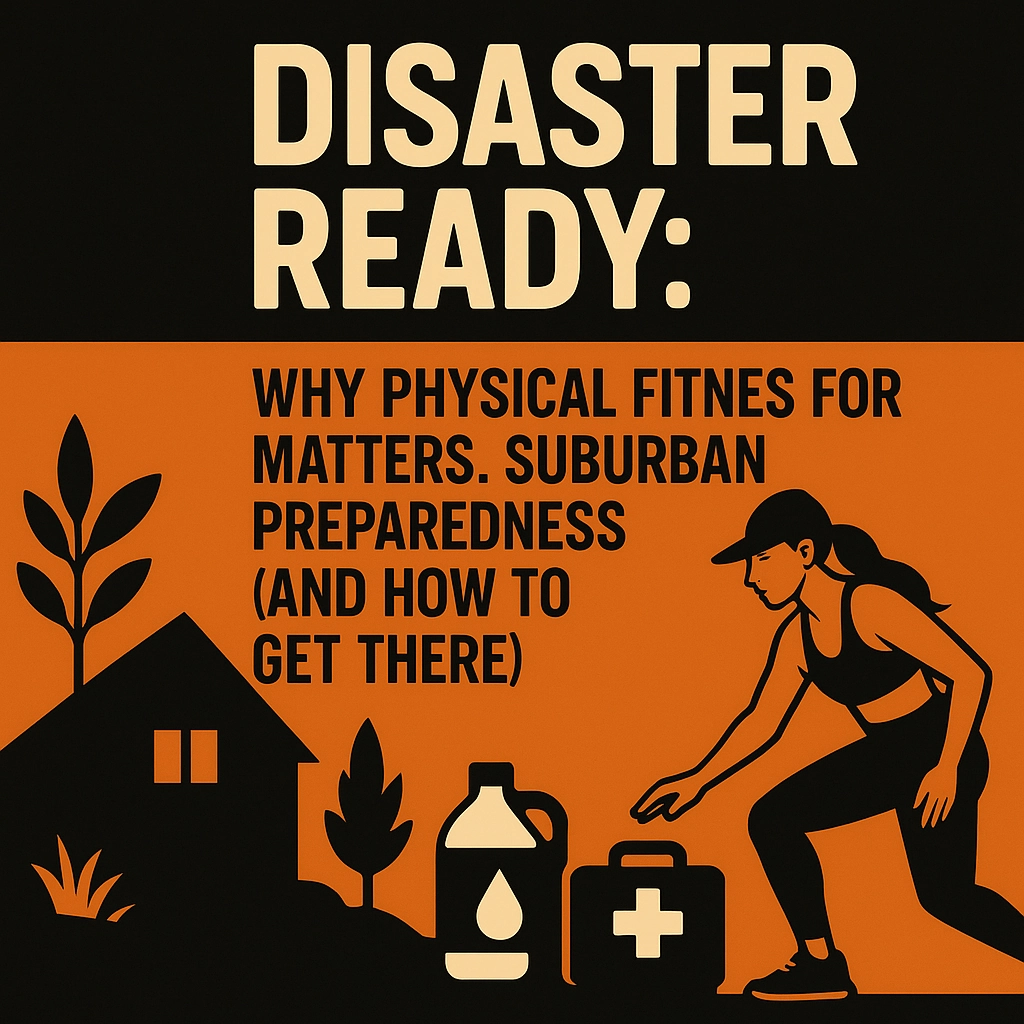Yesterday, I finished up the post by illustrating the old west. Wouldn’t it be great to roll up on a small town that is isolated from the rest of society, is self sufficient, has a great agricultural community, steel mill, power plant, honest people with good skills, etc. Good luck. No such place that I am aware of. I know of a couple of isolated communities, but they are rag-tag at best. Even if you were to find one of these isolated communities, chances of you being accepted by the general population would be a tough call. Most of these communities are suspect of anyone that comes along and tries to integrate themselves, especially in a post SHTF situation.
If you are already working with a team of trusted friends and advisors, you could make this a permanent residence if you have not already thought about it. This assumes of course you already know of a place like this. In my business, to do this, I might have to completely change my career, income, lifestyle, etc. Again something I have occasionally written about.
Now that said, I grew up in a small town. It is not all wine and roses… I am not going to get into the reasons why here, but suffice it to say, if you are not used to it, then it could be culture shock. I know people that have moved from NNJ, NYC, Long Island, etc. to PA only to move back in a year or two because they had unrealistic expectations of income, lifestyle, etc.
What next then? Learn what you can about every skill you can. Don’t sweat how quickly you need to learn them. Just do it a little at a time. Make a list of skills you want/need to learn. Do what I do, and make a list of books on Amazon.com, save them to your wish list, and buy one occasionally, read it, and put what you learned to use. If you have to, you could pack your books and bring them to your BOL with you, and you still have a reference library to practice from. But just as important as that, once you learn the skill, continue to use it, and acquire the raw resources you will need to perform that skill. Once you do that you will have some of the resources you might require for a short term SHTF. You may find yourself in demand in a community that requires the skills you have if required. Not a bad position to be in, if you ask me.
Now, none of this is worth much if your friends are not of the same mindset. Remember this series is about a team approach. Once you have realized that you and your friends cannot do everything on their own, you need to sit down with your friends and consider what skill-sets will be essential to the group, and what will be secondary as well as ancillary. Consider whether they are going to be used daily, or whether they will be used on a “just in time” basis; rather used when needed only…
Here is a list (ad hoc) skills that I have thought about that make sense for daily survival in a SHTF. I am basing them on the five basic needs of survival:
- shelter,
- fire,
- food,
- water,
- security
In each of the above categories, there are many sub categories. Such as “security.” Most people may think that security may just be self defense of property and family. I am going to go out on a limb and say “security” includes education, communications, and more. Both communications and education can lend themselves to physical and intellectual security. I will try to illustrate them in a list in part four of this series.









